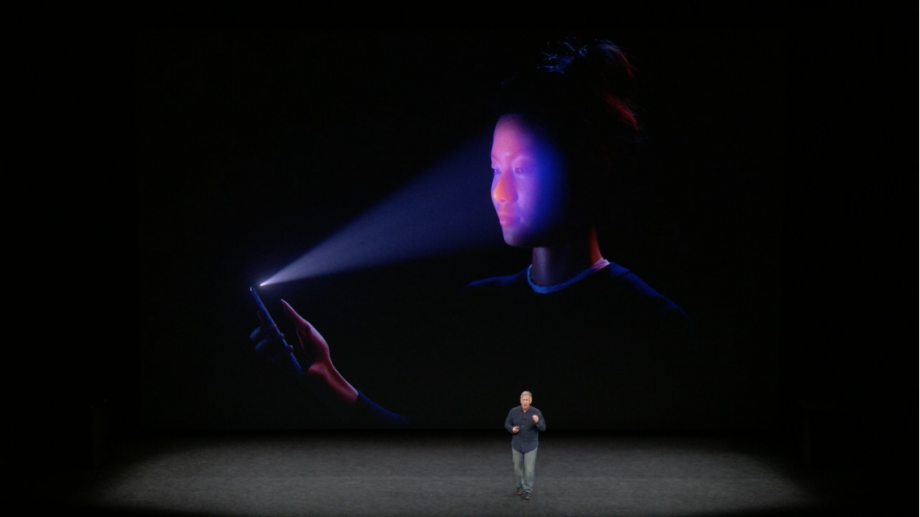Apple’s Face ID technology is inciting a very two-faced privacy debate about the new iPhone

Apple’s facial recognition tech, dubbed Face ID, will launch with the iPhone X – but it’s splitting opinion amongst geeks. Some bemoan it as yet another nerdy threat to privacy and security, while others see it as perfectly safe. Here’s what people are saying.
By using sensors in a cut out part of the iPhone X’s OLED display, Face ID scans the geometry of a user’s face and uses it to unlock the phone, authenticate Apple Pay transactions, and more.
It’s the standout feature of the flagship iPhone, but Twitter users paranoid about companies sucking up their identification data and sharing it with government authorities are not so impressed.
Related: What is Face ID?
Whistleblower-cum-Twitter celeb Edward Snowden saw some positives, but reckons Face ID is ripe for encouraging (even) more intrusive government surveillance.
#FaceID
Good: Design looks surprisingly robust, already has a panic disable.
Bad: Normalizes facial scanning, a tech certain to be abused.— Edward Snowden (@Snowden) September 12, 2017
Author and columnist Violet Blue tweeted that Face ID hasn’t take into the account various techniques law enforcement can impose to track citizens and extract their private data.
Just seems like FaceID is exquisitely tone-deaf to a populace facing law enforcement database lists, roundups, and unwanted phone searches.
— Violet Blue ® (@violetblue) September 12, 2017
But hacking expert Joseph Cox is not convinced Face ID presents a privacy and security risk.
FaceID hype is like when fingerprint sensors first came on phones. Legit concerns? Yep. Novel legal cases? Will be. Infosec disaster? No
— Joseph Cox (@josephfcox) September 12, 2017
Cox offers one of the more intriguing insights into Face ID, pointing out that Apple data is handled by the iPhone’s Secure Enclave chip, meaning your mug should stay on your handset rather than being sent across the internet to Apple’s servers. And while he acknowledges that someone could hack into the Secure Enclave, he adds that most hackers would be unlikely to risk such a breach.
Related: iPhone 9
Risqué UK comedian Frankie Boyle, on the other hand, threw his thoughts into the Twitter ring with a rather unique take on how Face ID users could prevent muggers from physically forcing iPhone X users to unlock their handsets.
Set your Apple Face ID to your comeface, so that if someone mugs you for your phone they at least have to wank you off first
— Frankie Boyle (@frankieboyle) September 12, 2017
We’re not sure if Boyle’s secure technique is entirely practical – or if that should be ‘comeface’ or ‘cumface’ – but we’ll have to wait until we have an iPhone X in for closer…inspection, to decide.
In the meantime, fear-mongering and speculation around the security of Face ID is likely to continue until the iPhone X hits the market in November. Of course, there are alternatives such as the Samsung Galaxy Note 8, if you don’t trust Apple to keep your facial data and privacy safe.
Related: iPhone 8 vs iPhone X
Is Face ID the future of smartphone biometrics or a privacy breaching blunder waiting to happen? Let us know on Facebook or tweet @TrustedReviews.

